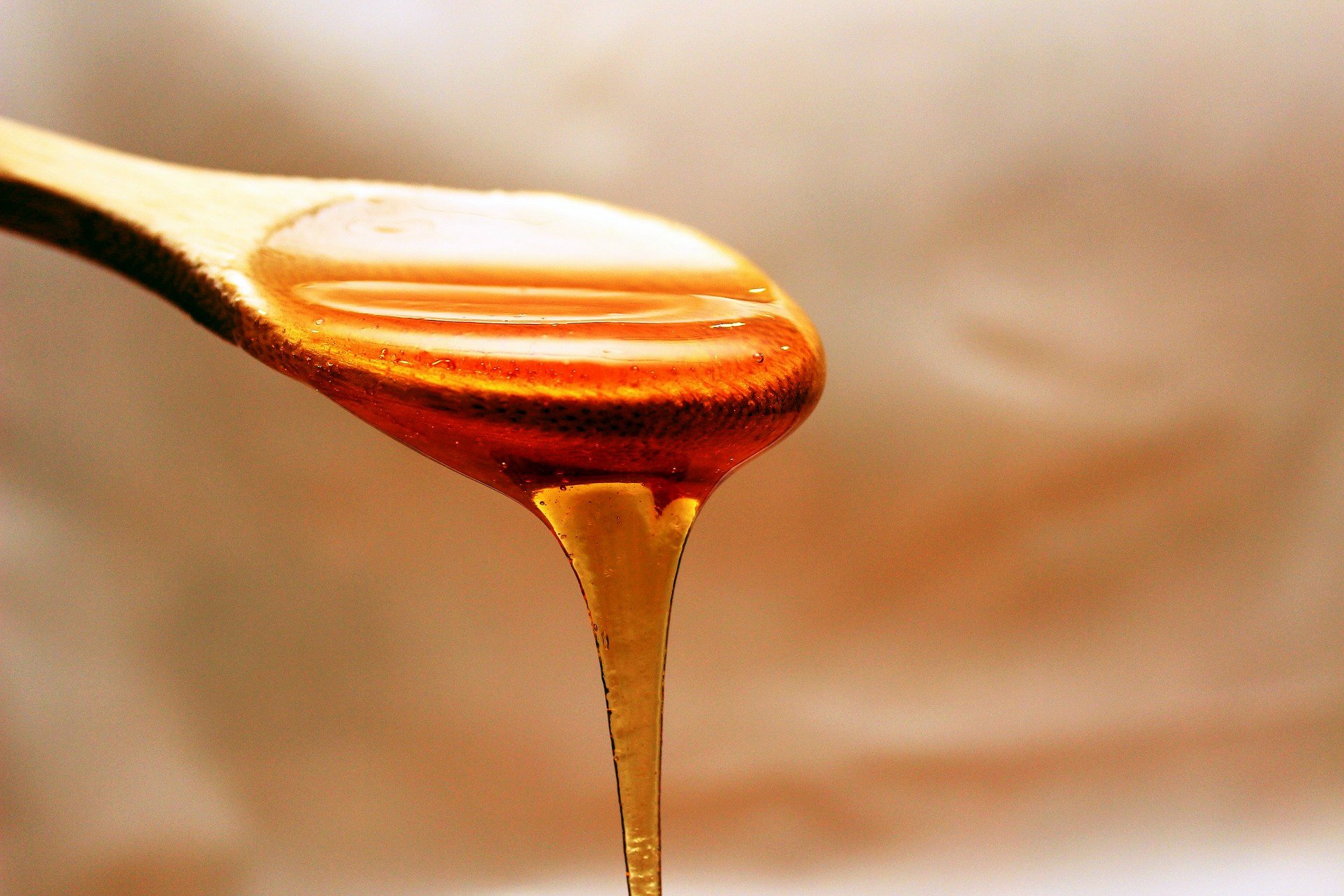When it comes to sugar, navigating the landscape of sweeteners can be confusing. With various types of sugar available, it’s essential to distinguish between natural sugars found in whole foods and added sugars that can harm your health. Here, we explore which sugars are considered better for your health and how to incorporate them wisely into your diet.
Understanding Sugars
1. Natural Sugars
Natural sugars are those found in whole foods, and they come with a host of additional nutrients that are beneficial to your health.
- Fruits: One of the best sources of natural sugars, fruits contain fructose, which is accompanied by essential vitamins, minerals, fiber, and antioxidants. Eating whole fruits not only satisfies your sweet tooth but also provides hydration and a variety of health benefits, including improved digestion and heart health.
- Honey: This natural sweetener is often touted for its potential health benefits. Honey contains antioxidants and may have antibacterial properties. While it is still a form of sugar and should be consumed in moderation, it can be a healthier alternative to refined sugars when used sparingly.
- Maple Syrup: Derived from the sap of maple trees, this sweetener contains minerals like manganese and zinc. It has a lower glycemic index than regular sugar, meaning it has a lesser impact on blood sugar levels. Again, moderation is key, but maple syrup can be a delicious and nutritious option.
2. Coconut Sugar
Coconut sugar is derived from the sap of coconut palms. It contains trace amounts of nutrients like iron, zinc, and calcium, along with antioxidants. With a lower glycemic index than regular table sugar, it can be a better choice for those looking to manage their blood sugar levels. However, it’s still sugar and should be used in moderation.
3. Stevia
Stevia is a natural sweetener made from Stevia leaves. It is calorie-free and significantly sweeter than sugar, which means you only need a small amount to achieve the desired sweetness. One of its biggest advantages is that it has no impact on blood sugar levels, making it an excellent option for those managing diabetes or looking to reduce calorie intake.
4. Agave Nectar
Agave nectar is sweeter than sugar and has a lower glycemic index, which means it may cause a slower rise in blood sugar levels. However, it’s worth noting that agave nectar is high in fructose, so it should still be used in moderation.
Conclusion
While not all sugars are created equal, some are clearly healthier than others. Natural sugars from whole foods like fruits are the best choice for overall health. Meanwhile, sweeteners like honey, maple syrup, coconut sugar, stevia, and agave nectar can be used in moderation to add sweetness without the negative effects associated with refined sugars.
In the end, the key to a healthy diet is moderation. By being mindful of your sugar intake and focusing on whole foods, you can enjoy sweetness while maintaining your health. Remember, always aim for a balanced diet rich in nutrients to support your well-being!

